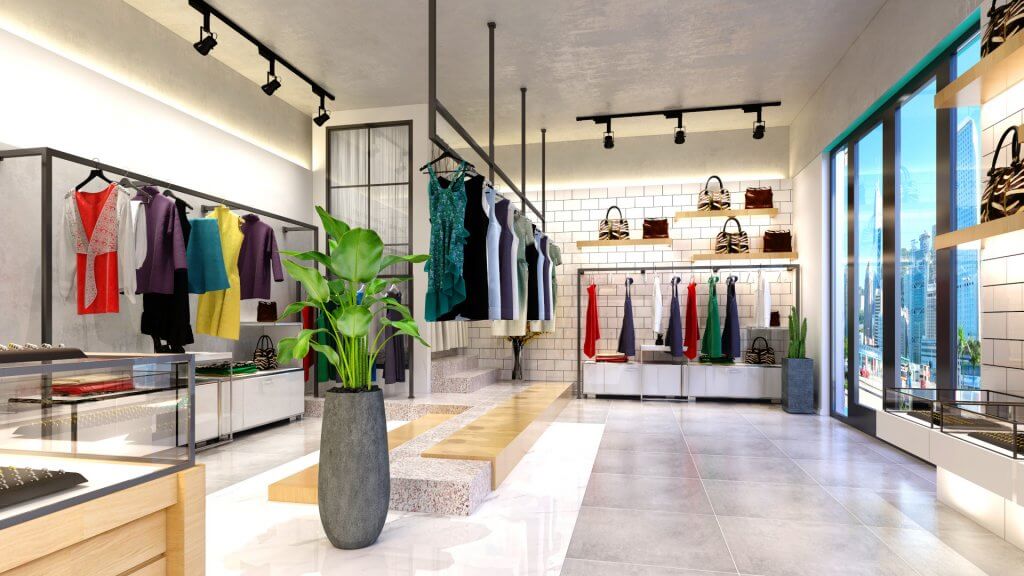
New research from careers site Reed reveals that Millennials are the generation least likely to disclose mental health issues to work colleagues, with 57% stating they wouldn’t feel comfortable doing so.
This stands in contrast to Baby Boomers – perhaps surprisingly, the generation most likely to open up – with only 45% saying they would not want to talk about their mental health.
David Banaghan, Co-Founder and Interim CEO at recruitment software providers, Occupop, said: “These new statistics will make for stark reading for some employers. Whatever the generation, it’s clear that businesses increasingly need to open up conversations around mental health at work and put the necessary support in place to mitigate its impact.
“Mental health conditions such as anxiety, stress and depression currently account for 23% of sick days in the UK with each person who suffers taking on average 19.6 days off per year as a result.”
We share how to create an environment in which employees feel safe and supported in discussing their mental health at work to foster open dialogue and prioritise employee wellbeing.
Why are Millennials reluctant to open up?
Hesitation around mental health dialogues may be multi-faceted.
David continued: “Despite much progress and awareness, mental health stigma persists in the workplace as your millennial employees may worry about being labelled, judged, or unfairly treated in their struggles.
“Professional image may also play a part. Some individuals may be concerned that it will affect their image as strong, competent employees or hinder their career advancement.
“Business leaders should be encouraged to listen empathetically without judgment and, where appropriate, openly discuss their own mental health journeys. Vulnerability from the top can set the tone for the organisation.”
Wellbeing strategies
Interestingly, 73% of Baby Boomers have never taken a sick day on mental health grounds, whereas 66% of Gen Z employees confess to having done so.
Clearly, different generations have different expectations and coping strategies, so it’s important to implement wellbeing policies to help employees when they are at work.
This can include offering employing assistance programs (EAPs), access to apposite mental health resources and support networks, as well as organising wellness workshops and seminars.
Awareness days such as World Mental Health Day (October 10th) offer a good opportunity to lead the discussion and get your employees to connect with each other.
Also, consider mindfulness and resilience training to equip employees with coping mechanisms when symptoms may be particularly acute.
Flexible working arrangements
In the modern world, outmoded notions of the traditional ‘9 til 5’ may be incompatible with a happy work / life balance.
In fact, 60% of employers are already offering flexible working options, including hybrid working, flexitime core hours policies and even the four-day working week.
Approximately 39% of people who work flexibly report a noticeable improvement in their mental health.
Flexible hours encourage ‘working to live’ as opposed to ‘living to work’ and enable employees to better organise their work around their family life, fitness and social commitments.
Leadership training
As stated, it’s important that your appointed leaders lead by example. Managers and team leaders play a pivotal role in shaping the culture of your organisation and setting the tone for acceptable behaviours.
Providing comprehensive training programs that equip leaders with the skills to recognise signs of mental distress, initiate conversations with empathy, and offer appropriate support can significantly impact employee wellbeing.
By fostering an environment of trust and understanding, leaders can encourage their team members to feel comfortable discussing their mental health concerns without fear of stigma or judgment.
Innovative HR Practices
Having dedicated HR infrastructure in place can really help you implement your mental health strategies effectively while cultivating an atmosphere of openness and acceptance.
HR professionals can also drive change by thinking outside the box. How about platforms – be it online feedback or suggestion boxes – where employees can seek help without revealing their identity?
Alternatively, how about appointing mental health champions within teams to help promote awareness?
Conclusion
Creating a workplace where mental health conversations flow freely is not just a moral imperative but a sage strategic decision too. Better dialogue around mental health can guard against productivity loss, reputational risk and improve talent retention.
By fostering empathy, implementing practical strategies, and breaking down stigma, businesses can empower millennials and all employees to embrace their vulnerabilities.







